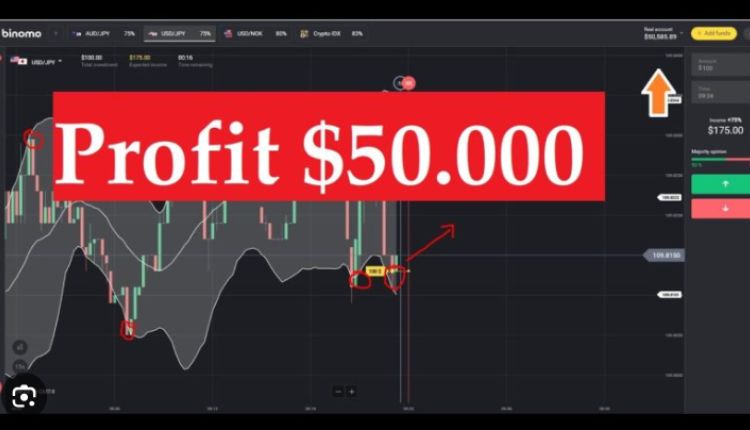Introduction:
In today’s fast-paced global economy, staying informed about key economic events and data releases is crucial for individuals and businesses alike. An economic calendar serves as a valuable tool to track and anticipate significant economic indicators, central bank meetings, policy announcements, and other events that can influence financial markets and economic trends. This article presents a comprehensive economic calendar, providing an overview of its significance, key components, and how it can aid decision-making. By leveraging this calendar, individuals and businesses can make informed choices and seize opportunities in an ever-changing economic landscape.
The Significance Of An Economic Calendar:
An economic calendar acts as a roadmap, highlighting important events that can impact financial markets and economic conditions. It provides a consolidated view of essential economic indicators, such as GDP growth, inflation rates, employment data, interest rate decisions, and more. By tracking these events, market participants can assess the health of economies, anticipate market volatility, and make informed investment decisions.
Key Components Of An Economic Calendar:
- Economic Indicators: The economic calendar includes a range of indicators, such as consumer price index (CPI), gross domestic product (GDP), unemployment rates, retail sales, and manufacturing data. These indicators offer insights into the overall health and performance of an economy.
- Central Bank Meetings: Central banks play a crucial role in shaping monetary policy, and their decisions can have significant implications for financial markets. The economic calendar provides information on central bank meetings, including interest rate decisions, policy statements, and press conferences.
- Corporate Earnings Releases: Publicly traded companies release quarterly and annual earnings reports, which can influence investor sentiment and stock prices. The economic calendar includes important earnings release dates, allowing investors to track specific companies and industries of interest.
- Government Policy Announcements: Governments often introduce new policies, reforms, or regulatory changes that can impact businesses and sectors. The economic calendar highlights important policy announcements, allowing market participants to prepare and adapt accordingly.
Using An Economic Calendar For Decision-Making:
- Investment Planning: Investors can utilize the economic calendar to align their investment strategies with anticipated market events. By assessing the impact of economic indicators and policy decisions, they can adjust their portfolios and take advantage of potential market opportunities.
- Risk Management: Businesses can monitor the economic calendar to identify potential risks or challenges. For example, if an economic indicator suggests a slowdown in consumer spending, companies may adjust their production or marketing strategies accordingly to mitigate the impact.
- Market Timing: Traders can leverage the economic calendar to time their market entries and exits more effectively. By aligning their trades with significant economic events, they can potentially capitalize on market volatility or avoid unfavorable market conditions.
Conclusion:
In an increasingly interconnected and dynamic global economy, an economic calendar serves as an invaluable tool for decision-makers across various sectors. By tracking key economic indicators, central bank meetings, corporate earnings releases, and government policy announcements, individuals and businesses can navigate the economic landscape with greater confidence and make informed choices. The comprehensive view provided by an economic calendar enables better investment planning, risk management, and market timing, ultimately contributing to improved decision-making and potentially enhanced outcomes.
FAQs:
- How frequently is the economic calendar updated? The economic calendar is typically updated in real-time or on a daily basis. Reputable financial websites, news portals, and trading platforms provide accurate and timely updates to reflect any changes or additions to the calendar.
- Is the economic calendar universally applicable, or does it vary by region? While many economic events have global implications, certain indicators, central bank meetings, and policy announcements may be region-specific. Therefore, it is essential to choose an economic calendar that covers the regions or countries of interest to obtain the most relevant and accurate information for decision-making.

